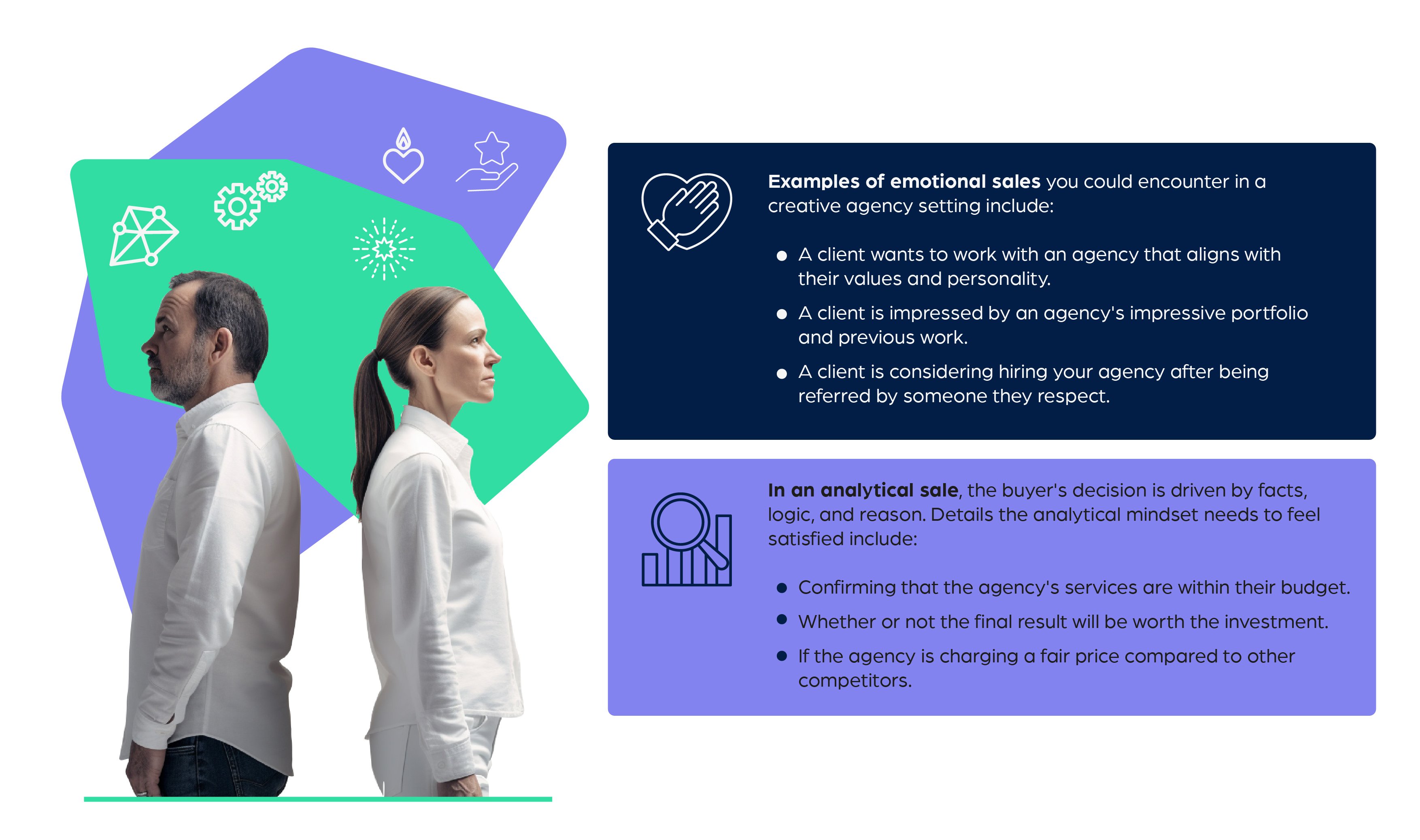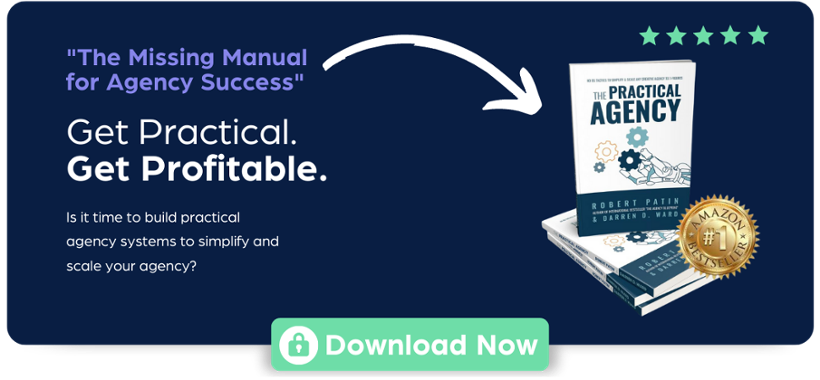
Have you ever been rejected by a prospect you were sure was going to close?
The call started great, and they were enthusiastic about the project. But towards the end, they started asking questions you weren’t prepared to answer, and you lost your momentum.
"Your price is too high. We can get the same service for a lower price elsewhere."
"We're not sure if we’ll get the return on investment I'm looking for"
“We've had bad experiences with agencies before. How can we be sure you'll deliver as promised?"
If you’ve looked like a deer in headlights facing these objections before, it's time to give your sales script an overhaul.
When a sales call doesn’t end with a signed deal, it typically means one thing: you weren’t able to successfully overcome their objections.
Sales objections arise when the prospect doesn’t feel like all of their questions have been answered or they have doubts that the purchase would truly satisfy their goals. This occurs when there is dissonance between the prospect’s unconscious decision-making mindsets.
The emotional vs. the analytical

When making a buying decision, a buyer uses two very different sets of thinking before sealing the deal.
In an emotional sale, the buyer's decision is driven by feelings and desires. When a prospect first decides to book a sales call with you, it’s because their emotional brain was intrigued and wanted to know more. Their decision was made more with emotional impulse and less with rational thinking. Examples of emotional sales you could encounter in a creative agency setting include:
- A client wants to work with an agency that aligns with their values and personality.
- A client is impressed by an agency's impressive portfolio and previous work.
- A client is considering hiring your agency after being referred by someone they respect.
In an analytical sale, the buyer's decision is driven by facts, logic, and reason. Details the analytical mindset needs to feel satisfied include:
- Confirming that the agency's services are within their budget.
- Whether or not the final result will be worth the investment.
- If the agency is charging a fair price compared to other competitors.
Ignoring the analytical side of a buyer’s mindset is the fastest way to sour a sales pitch. If you spend too much time maximizing the buyer’s emotional excitement, you’re neglecting the important details they need to rationalize making the purchase. When you neglect critical information, expect to face a slew of sales objections you could have avoided before getting the “yes.”
Your sales objections script
Even the most perfect pitch is likely to encounter objections from the prospect. To increase your chances of closing the deal, anticipate the common objections your prospects may have, and find ways to proactively address those objections in your initial pitch.
Here are a few examples of ways to avoid letting common sales objections derail your sales pitch:
"I don't think we can afford your services right now."
Response: "I understand that budget is a concern for you. Our agency offers a wide range of service options depending on your needs, so why don’t we scale down the deliverable to match the budget you have in mind.”
"I'm not sure we need these services."
Response: "Our team specializes in identifying areas of opportunity for growth and creating customized strategies to help our clients meet their goals. Why don’t we start with a comprehensive audit of your current marketing efforts to identify areas where you could be seeing more results?"
When you deliver an effective pitch that addresses common objections, your prospects will establish more trust and confidence that you are the right person for the job.
Losing a sale always hurts, but by accommodating both emotional and analytical buying states in your sales script, you'll be more likely to close the sale and avoid objections that are harder to overcome.
The next time you're conducting a sales call, be sure to showcase your enthusiasm and expertise, but don’t forget to budget time to review the finer details.
